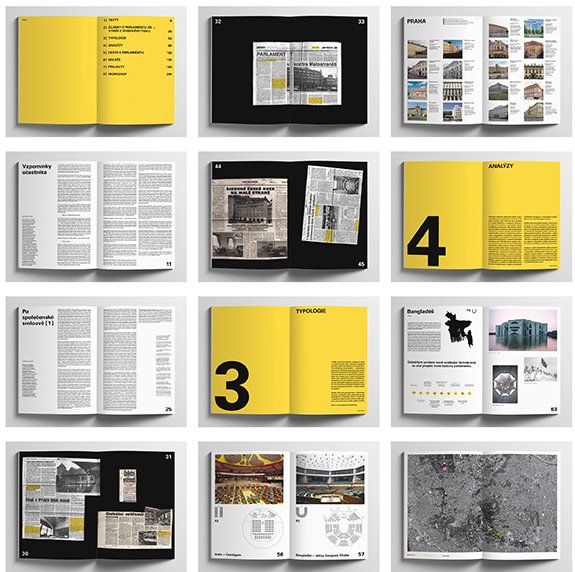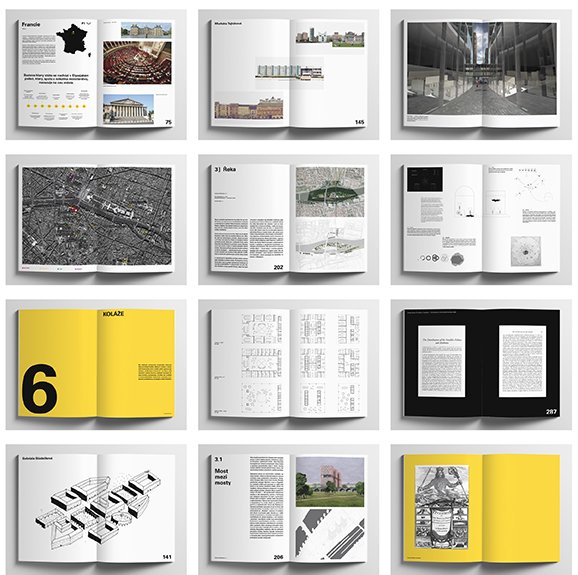MgA. Elena Fialkova
is an architect, she graduated with thesis Redefination of Prague Castle at studio A4 at UMRPUM where she is currently Ph.D. student, in her academic work she analyzes relationship between architecture and politics. Her doctoral thesis is named Architecture of Democracy, where she is looking for a relationship between architecture and politics on examples of representative buildings, their symbolic meaning, their urban constellation in city structure. The main initiation of her work is the crisis of democracy and development of the postcommunist Czech republic in the context of Europe.
During the study she participated in two international academic conferences in London and Athens, she had a guided tour for CAMP at Prague Castle, performed at Pecha Kucha Night Prague vol.58., published for ART TALK REVUE 3 and magazine ERA 21 (Éra 1918-2018 - 05/2018), she presented a lecture at WAVE CAMP 02 - Excluded locations, in 2019 she won with the team the competition for the reconstruction of the entrance areas of the Ministry of Industry and Trade in Prague.
Recently, she worked on the NAKI II research project. (National and cultural identity) in the 4th section Architecture and politics after 1989, where she is the author of the chapters: Seats of Top-Down Power, Paradoxes of Democracy: The Case of Prague Castle, The Border and Interview with Petr Pithart.
work : Architecture of democracy
In the time of the crisis of democracy, new questions also arise in the field of architecture. Today architecture is asked about the content of terms that should be represented, symbolized and materialized. Meaning of many institutions, public buildings, architecture is redefined in political context. What influence does politics have on the functioning of buildings and what impact does architecture have on the functioning of institutions? What are the ways democracy and architecture relate to each other? What should the architecture of these buildings represent today?
Political situation in 1992 determined that the Czech Republic was faced with the choice of its political seats of the new state. However, the majority of institutions did not discuss the possibility of building new architectural icons or holding public architectural competitions. Does architecture in the Czech Republic have the potential to not only be a background for political processes, but to participate in politics itself through spaces that create a specific form of dialogue?

